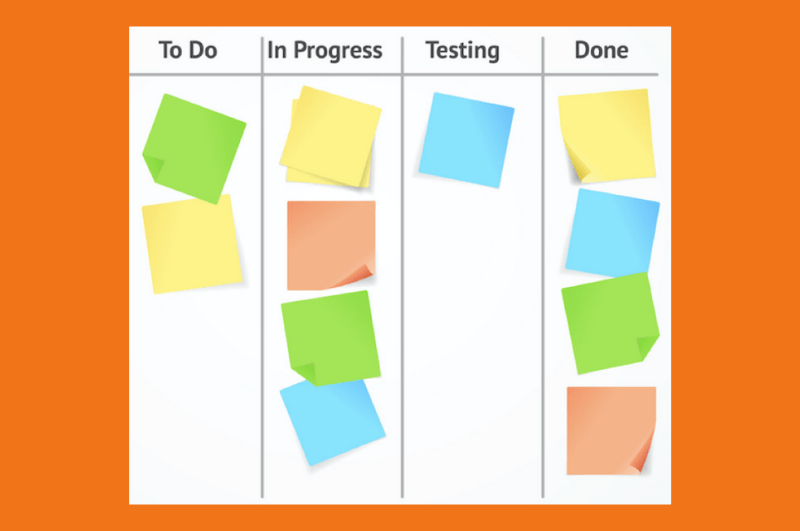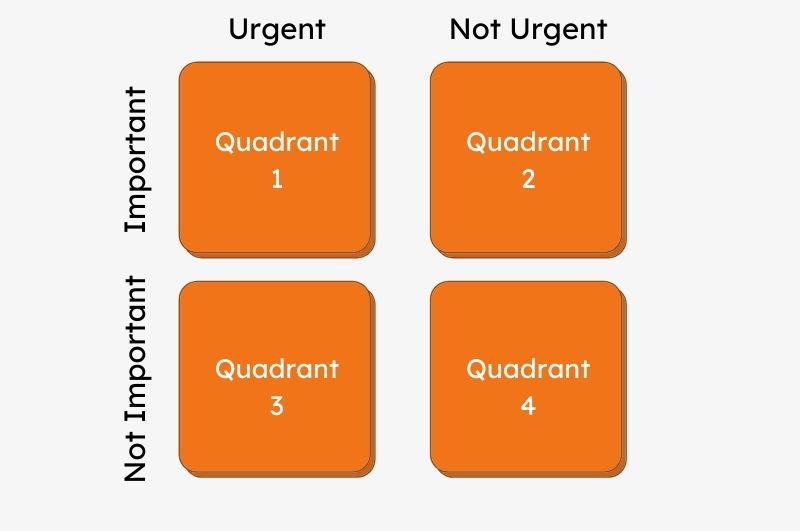No one becomes a great leader without properly managing their time and appointments. True leaders know this because they understand that there will be many demands for their time, but they also know how to create a schedule that can keep them on track and on time for their various obligations. Leaders use different leadership time management tactics to make it happen, but they all rely on some means of balancing their time and schedules to attain their desired results.
Why Is Leadership Important In Relation To Time Management?
You might wonder why time management has such a solid tie-in to leadership. You can see how leaders rely on their time management abilities to get everything done in their day, but it goes beyond that.
- Real Leaders Don’t Want To Let People Down – Having enough time to meet with everyone they would like to meet with is a staple issue that leaders and entrepreneurs run into all the time. However, real leaders don’t want to let people down or disappoint them, so they will do everything they can to squeeze in as many appointments and meetings with people who matter to them as they possibly can. This may mean they have to organize their events so they can only see someone for a few moments, but those moments are still crucial to the people who get them.

- They Don’t Want To Miss Anything Important – It is not ideal for a leader to be caught up in a relatively unimportant meeting or obligation and ultimately end up missing out on something that has a more direct impact on their abilities as a leader. This is why it is so critical that they have a time management system that will get them to the right places at the correct times so that they are available to take care of anything and everything of importance that has been weighing them down for a long time.
- They Are Respectful Of Other’s Time – Another sign of a great leader is respecting another’s time. It is rude to always run late to meetings and make it clear that your time is more important to you than the time of the person you are meeting. Real leaders care about this type of thing.
What Are Time Management Benefits For Leaders?
“The common man is not concerned about the passage of time, the man of talent is driven by it” – Arthur Schopenhauer
Leaders gain a lot by keeping themselves on a schedule. Some people view scheduling as restrictive and keep them boxed into a particular way of doing things, but that’s not how leaders view it. They think of it as a way to free up more of their time and loosen constraints on what they try to do. Additionally, leaders view time management as a way for them to gain the following benefits as well:
- A more predictable schedule
- The ability to be more prepared for the meetings that they need to take
- More chances to spend time on the things they genuinely care about
It is worrying that so many people lack this. The only way to make a change to that is to focus on promoting time management and all of the upsides that it can provide. People deserve to have the chance to spend time on the tasks and hobbies they want to spend it on, which means organizing the rest of their day so they can reach a point where they can sit down and spend time with their family.
How Can A Leader Manage Their Time Better?
Leaders should think carefully about how they would like to manage their time and what efforts they can put toward that goal. It is nice to know that some of them are already thinking about it, but we cannot lose sight of the fact that others are falling behind. There is a thought in society that the most successful people are those who are always busy, but that is just not the case. In reality, leaders who schedule their time effectively are often the ones who come out ahead.
A leader can take the following steps to get a better grip on their time management skills today:
- Delegate the tasks that they don’t need to handle themselves
- Determine the order of importance of their various obligations and set out to tackle the most important things first
- Review their list often and make changes as necessary over time
A few steps like this in the right direction can significantly benefit any leader eager to build a time management schedule that can work for them.
12 Time Management Tips That Every Leader Should Use
You need the tips and techniques to boost you across the finish line and towards your goals and ambitions for yourself and what you seek to accomplish in a given day. We have a few of the best tips for how any leader can improve their time management.
1. Learn To Say No
“It’s only by saying no that you can concentrate on the things that are important” -Steve Jobs
Leaders need to learn to say no to some opportunities. Many people have a fear that if they turn down too many opportunities, people won’t think to ask them for anything ever again. The reality is that the risk of missing out on all future opportunities for new work is very low.

You should probably be more concerned about overscheduling yourself in a way that puts you at risk of not completing all your tasks for the day. That happens far more often, which is a bad appearance for a leader.
2. Use The Pomodoro Method

The Pomodoro method is a strategy by which you set a Pomodoro timer to approximately 25-30 minutes. You wait until that timer goes off before giving yourself a short break of about 5 minutes. This allows just enough time for your brain to take a quick break before jumping into the next task. You should try this to break up the various tasks you must accomplish throughout the day. It is about knowing the limitations of your mind and its ability to focus.
3. Consider A Kanban Board

There is nothing like seeing where the various tasks of your day are in the line of progress from “not yet started” to “fully completed.” A Kanban board is a fantastic way to see how all of these parts come together in a certain way that makes them useful to you and makes it easier to see where you may have some blind spots. You can use your Kanban board to figure out which activities you have been putting off for too long and which have received too much attention.
4. Think About The Net Value Of Each Activity
Taking a step back and determining the added value that a particular activity provides to your day is a great way to determine if you are spending your time appropriately or not. People often realize that they could be doing a lot better if they focus on how they spend their time and what that says about what they genuinely value out of their day. Some of us put too much stock into things that add little to our bottom line.
5. Consider Time-Blocking

Perhaps you should take a little extra time and set up a time-blocking routine for your day so you are wasting precious resources that you don’t have chasing after things that add little value to the bottom line. Time-blocking is a way of focusing on one task at a time without straying into multi-tasking habits that so many of us have. You can get yourself back on track by blocking out units of time throughout the day to focus on specific tasks one at a time.
6. Time Management Matrix

Which tasks are urgent and need attention right now, and which ones can wait a while? You will better understand where you stand with all of these if you use the time management matrix.
This nifty tool can help show you which tasks are urgent and time-sensitive in one quadrant and which are not all that important and need a specific time limit set in another corner. Moving agenda items into different quadrants like this is a fantastic way to see where you should utilize more of your energy.
7. SMART Goals
We all want to have smart goals. Yes, but this tactic is named after a specific strategy that one can use to get more done. The SMART stands for:
- Specific
- Measurable
- Attainable
- Relevant
- Time-Based
These are the things in life that you need to get done. Not the “I want to go to Paris someday” goals, but the measurable steps you can take towards becoming a better leader.
8. Hold Yourself To A High Standard
It might be easy to forgive yourself for being a few minutes late to a meeting or for missing something during your day because you were busy handling another task.

While you might have forgiveness in your heart for yourself, you should try to hold yourself more accountable than that. If you start to come down hard on yourself for missing important things, then you will do it less in the future.
9. Don’t Forget Your Sleep
Sleep is sacrificed to get more done, but more effective strategies exist. You think you are saving time and getting more done, but you are making yourself less productive if you don’t sleep enough. Time will slip away from you, and you will get less done.
The human body and brain need sleep to function properly, and prolonged periods of sleep deprivation are linked to poor health outcomes, less concentration, irritability, and other adverse outcomes. You will feel better if you take care of your sleep cycles, and you can’t afford to take care of something like this. Ensure you still aim for at least 7-8 hours of sleep per night.
10. Set Your Hardest Tasks For The Beginning Of The Day
You will always have the most energy for the day when you start (no matter what time of day that is for you). Thus, you should set up your hardest tasks and chores to do when you have peak energy. It is the only way you will ever get them done, and you won’t have to stress about them so much throughout the day if you knock them out early.
11. Always Keep A Notebook With You
Keep a notebook or something else to write down stray thoughts and plans as you move about your day. You want those ideas and plans to stay strong, but you want to continue everything you do to take care of them too. The best compromise to make in this situation is to keep your notebook handy and jot down the ideas that you want to pursue.
12. Log Your Progress
One way to keep yourself accountable is to log how you are doing at staying on task and getting things done. A little bit of data about how you manage your day is the motivation you need to get more done and try harder to practice good time management.


